

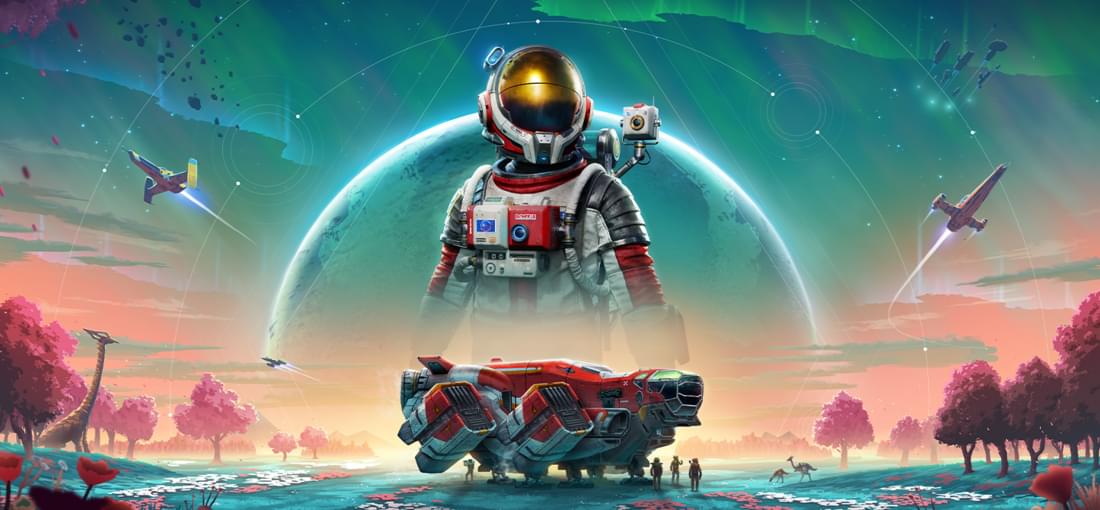
(FYI I own this on Steam w/80+ hrs) Hello Games should get a ton of credit for creating a game of space exploration that somehow sidesteps the major flaws often associated with AAA games where combat, stats and fifteen thousand weapon types overshadow - and often contradict - the spirit of exploration. NMS focuses almost solely on exploring, gathering, cataloguing, and crafting. Base building is limited to one's imagination. Players may also build vehicles, walkers, and submarines for their base. In space the player can buy and/or commandeer cargo freights to create their own fleet. Interstellar trade is constant and allows trade of both legal and illegal items. Players are encouraged to add to the near limitless stock of species and planets by tagging and uploading them. Combat is not emphasized but definitely present. The illusion of a seamless universe is well portrayed. No cutscenes when leaving planets or entering them. There's too much to applaud about it. The main drawback may be the vastness of the universe and sameness of buildings and space ports. For something of this size there was no way they could create unique structures; therefore, you will see the same things repeatedly. To comprehend the size of 18 quintillion planets may discourage those who love to do everything and see everything. It's impossible to do so. There is a main quest if you need something to focus on.
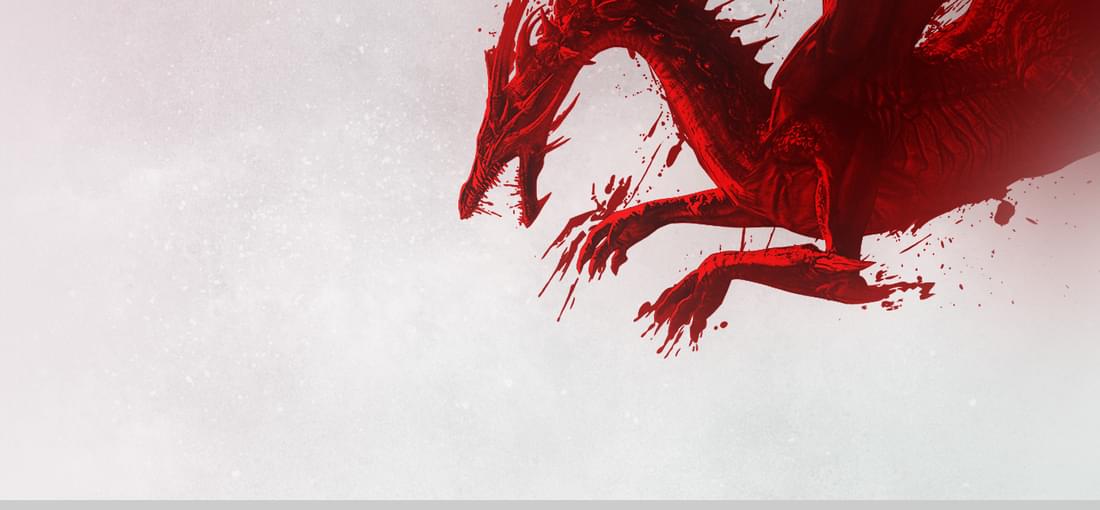
I don't know why Dragon Age stands out among the other heavyweights in a crowded field. Maybe the serious tone, good writing and voice acting or its interesting combat and skill system. Whatever the case, Dragon Age filled a need that gamers weren't getting elsewhere. Despite its 2009 release DA still holds up by its combat and interesting story more than its graphics.
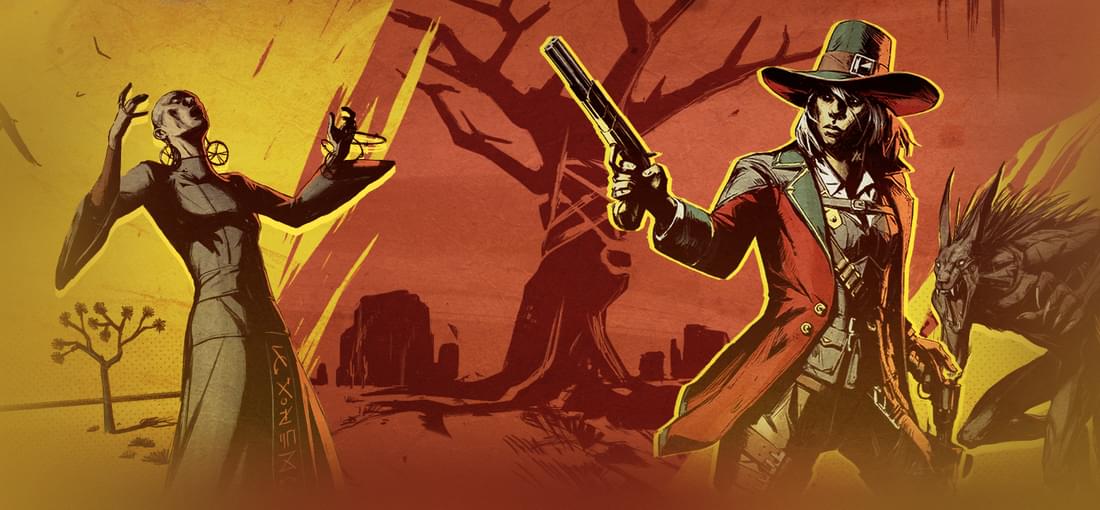
Weird West has its charm but not worth anything more than $15. Combining old west folklore and magic/fantasy elements in an isometric stealth/shooter, West has you play four different roles in sequence. Each role has a main problem to solve and his/her own special abilities. The atmosphere and graphics are sharp, cel shaded and enjoyable. A murky, twangy soundtrack accompanies the game. Werewolves, witches, ghosts, etc. along with regular humans. Your journey occurs among several fast travel points, which have the chance of an encounter. You are free to attack any problem from various angles, straight ahead or the stealth route. The stealth route, although longer to do, is often the safer one. Along the way you get items and scrap to sell for upgrades, weapons and ammo. You can also hire help but that's not saying much. The firing controls are probably the most disliked part of WW. The target beam sweeps quickly and requires precise aiming. Combat at first is easy but becomes increasingly harder. Voice acting is kept to the narrator alone; npc's don't actually talk but make robotic noises implying speech. Weird West has flaws that kept it from being a great game; however, at a cheap price it's worth the experience.
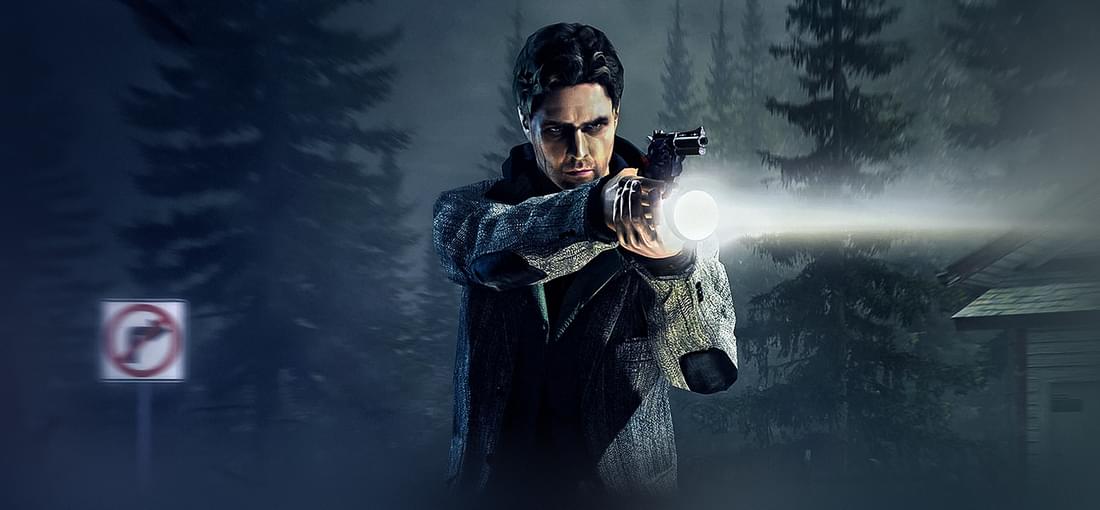
Alan Wake is what I like. Psychological horror, woodland environs, spooky quiet town, single player, linear, easy to medium difficulty, medium length to finish (12-14 hours). It's in the class of games like Evil Within where reality and fiction are hard to determine. For anyone raised in the 80s of Stephen King horror and/or enjoyed creepy tv shows like The Twilight Zone, this is a similar experience. One reason I got this was the lighting. Alan Wake makes a point about night and day, using them as part of the story rather than just being there for show. The shadows and light are awesome, and they have a part to play in the game. Combat is not drawn out firefights but require using the light to defeat the enemies. So Wake's real friends are not bullets but batteries (for his flashlight). The narrative is forwarded with flashbacks and Wake's viewing of a Twilight Zonish tv show in the interludes. Alan Wake is a perfect downtime game when you need a break from triple A titles and want an offline, solo game.
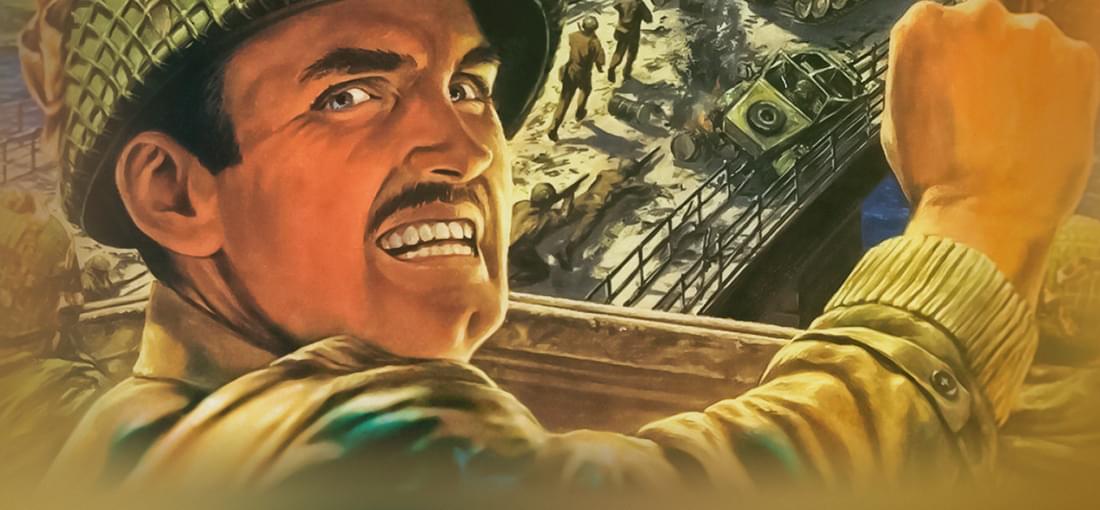
A landmark real time sleeper series that demands planning and maneuver to win. Close Combat is based on smaller scale battles, usually with a force of twenty or so soldiers, a few armored combat vehicles, and artillery. Its strength is in the use of tactics to defeat the enemy by using terrain, line of sight and firepower. CC does this very well and the combat involves the player by being up close rather than typical big scale games. Soldiers cry out when wounded or dying or just frazzled by constant gun fire. The player must know his soldiers' morale and weapon types. Certain soldiers also have command ratings that boost the effectiveness of his leadership. CC moves slowly too but the amount of tension and immediacy work beautifully together to keep the player on his toes at all times. Even though it is a top down game, the graphics show amazing detail in subtle ways, such as shadows and contours to depict elevation. As well, the game shows a useful line of site tool when targeting enemies. Sometimes a building or wall is blocking your squad. If you want a different experience, beyond fps and turn based strategy, try this out.
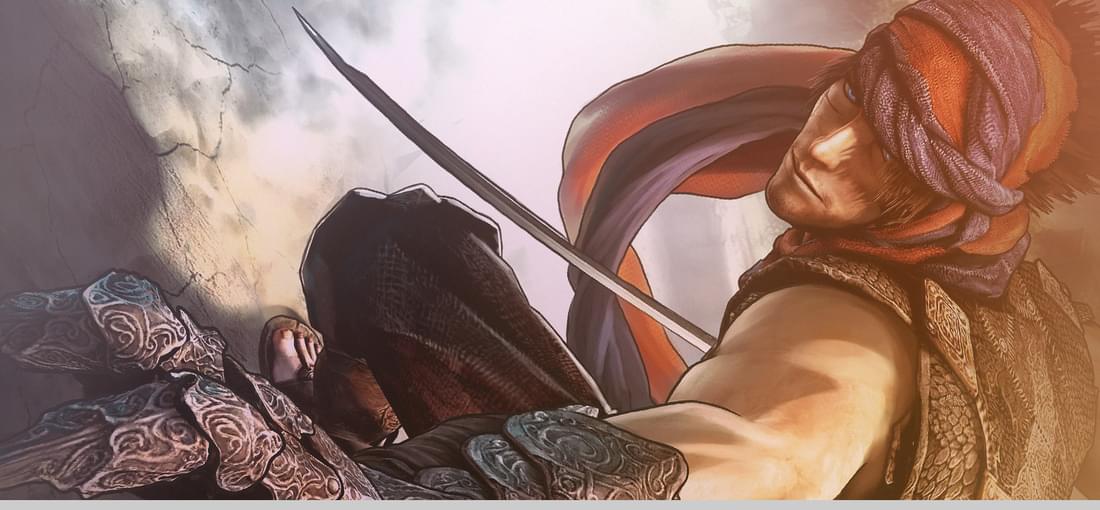
Brilliant presentation and cel-shaded graphics, fluid motion and combat, a wider perspective of a game world, and a new turn for the PoP series. But that turn is also puzzling as it left behind most of the things fans liked in the original trilogy. The plot is freeing a cursed land from corruption by defeating evil. This Prince went a new direction. It was easier, and dying was rare. It gave players a lot of slack so they didn't die every time they miscalculated a jump. In fact, it told you directly that you were about to die. Lots of fans didn't like this. They wanted more challenge. Combat was also made into a more rhythmic dance of which the prince and his female friend use combos to defeat enemies. And the enemies. There are nowhere near as many as the original trilogy. Enemies were spaced further apart and treated as narrative forwarding rather than straight up having to kill ten or more brutes with time travel powers. Still, the game is stylish and fun for casuals. Hard core types who liked the difficulty of Warrior Within will not find the same challenge here. This is a strange, and forgotten, Prince of Persia, but it does shine in its own unique way.